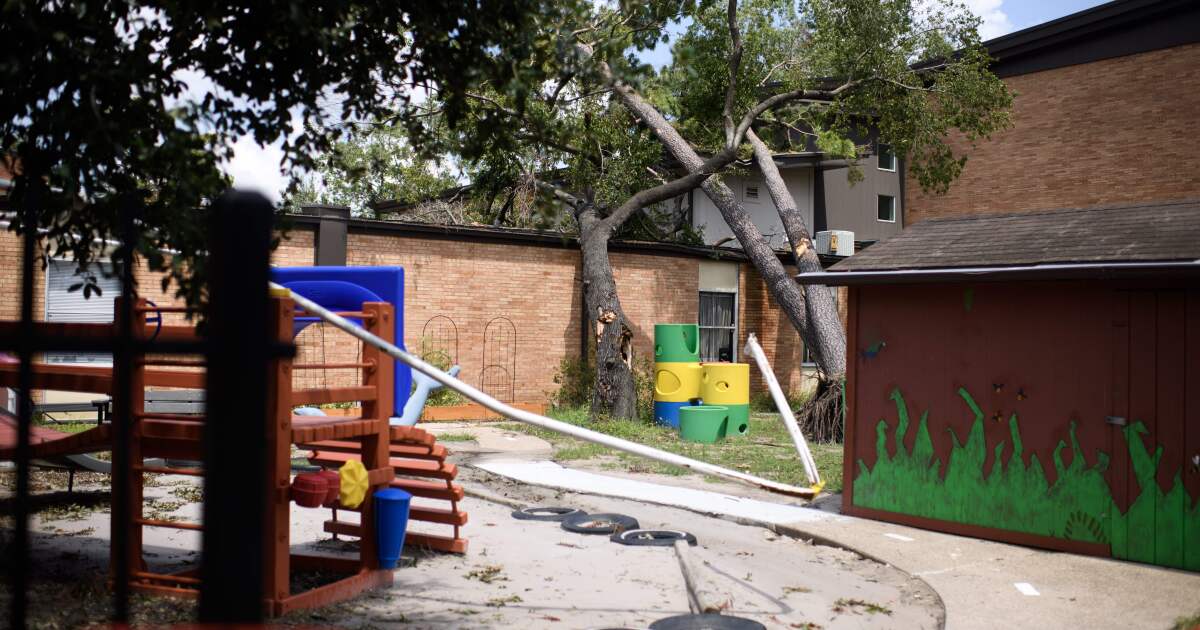
Hurricane Beryl's landfall in Texas could result in property damage totaling hundreds of millions of dollars, a preliminary estimate shows.
Total insured wind and storm surge losses in Texas will be between $700 million and $1.5 billion, according to CoreLogic.
CoreLogic estimates there are between 1,500 to 3,500 homes near Bay City, Texas at risk to storm surge flooding and an additional 3,500 to 7,500 homes at risk to storm surge flooding in Brazoria County. This risk stems from the shallow topography beneath the Gulf's water, which has resulted in many Texans elevating their homes to mitigate any potential flood damage, the report added.
Insured-property related losses could've been significantly worse if the Category 1 hurricane had made landfall in a more densely populated Texas city like Galveston or Corpus Christi compared to Matagorda Bay, the report posits.
By taking another path, the hurricane's strong winds impacted fewer properties resulting in a more "manageable insured loss total," wrote Jon Schneyer, director of catastrophe response at CoreLogic, in a post published July 9.
Schneyer points to Hurricanes Idalia in 2023 and
"Idalia, despite being a major hurricane at landfall, crossed the Florida coastline in the Big Bend region, a much less densely populated part of Florida. On the other hand, Hurricane Ian made landfall in southwest Florida over Cayo Costa near Fort Meyers. Ian was a stronger hurricane, but the difference in the estimated industry insured losses was large," continued Schneyer. "Hurricane Ian caused tens of billions of dollars in insured losses, while Idalia caused just a couple billion, if even. Landfall location matters."
Hurricane Beryl caught many spectators off guard because of
More erratic weather conditions, brought on by climate change, will likely result in an increase in events such as hurricanes, tornadoes and wildfires.
For now, it is



